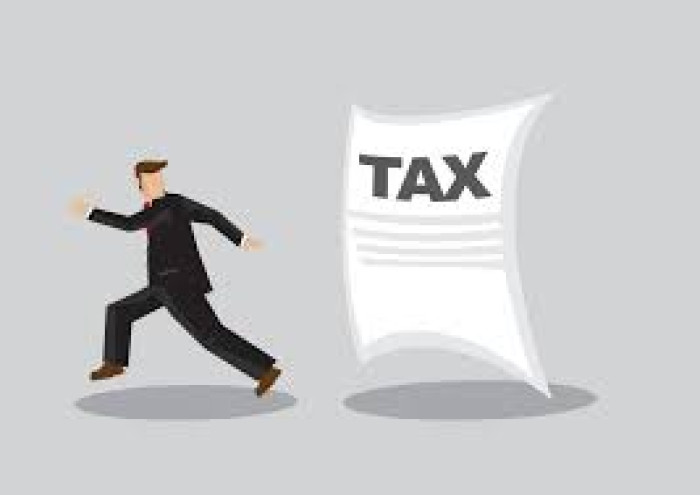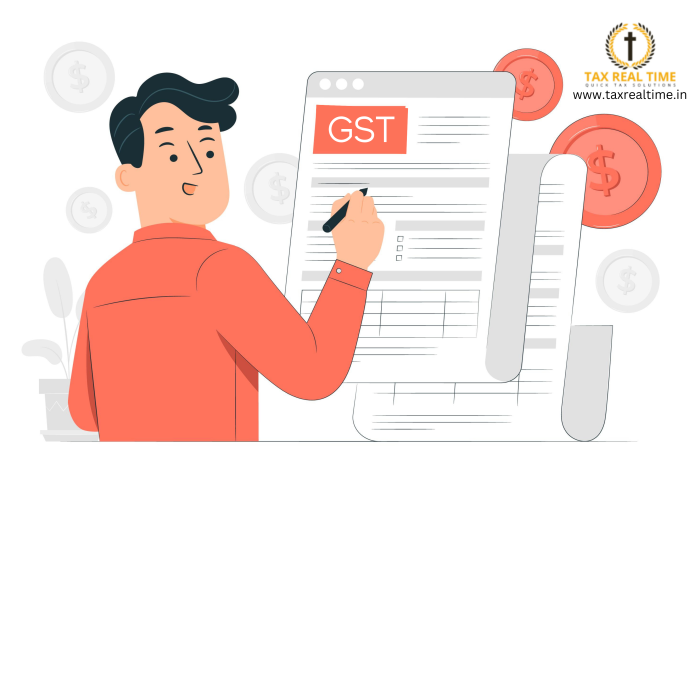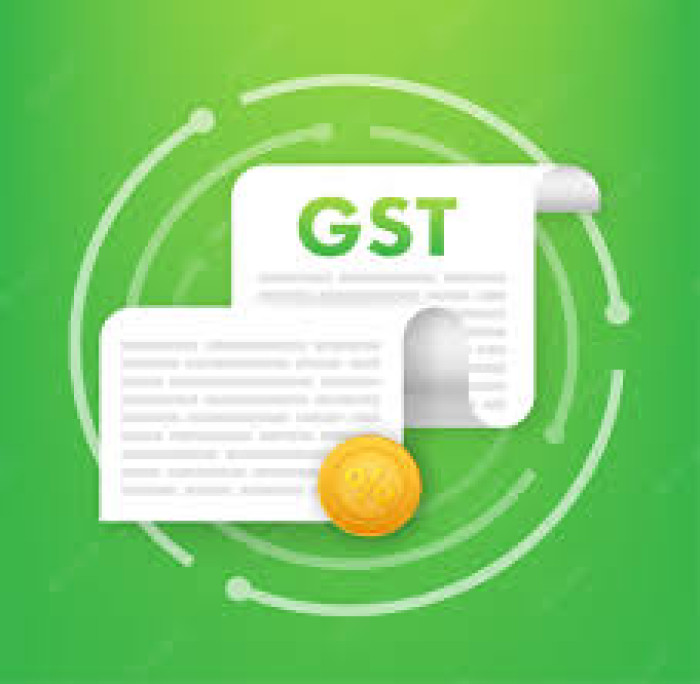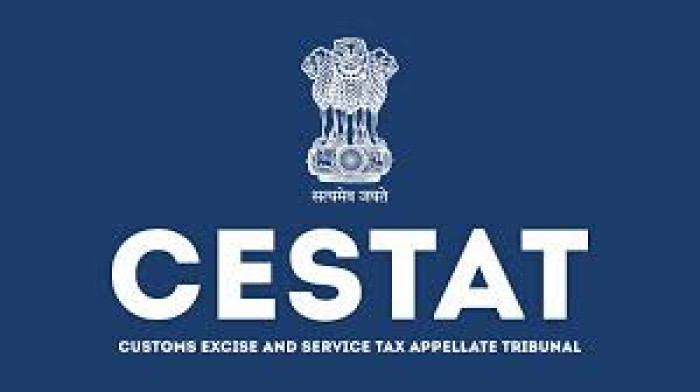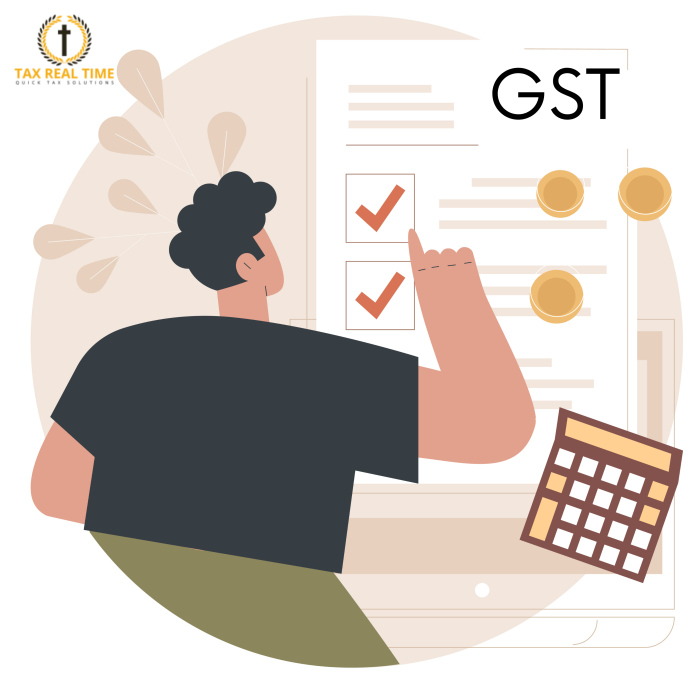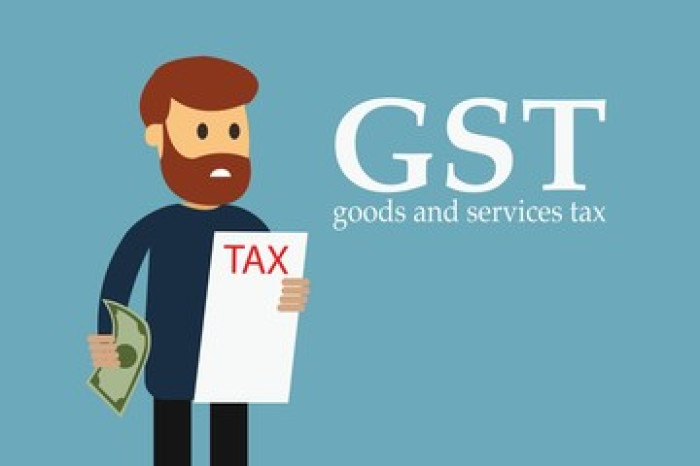GST – Allahabad High Court: Since goods and invoices were genuine and ownership undisputed, penalty limited to tax payable under Section 129(1)(a), not double under 129(1)(b) [Order attached]
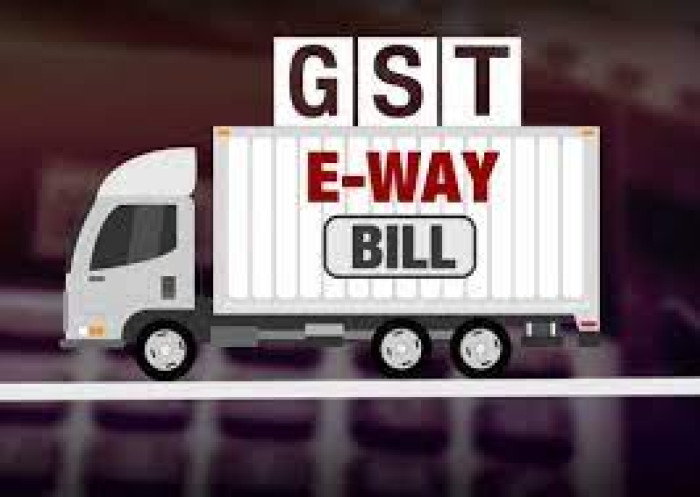

In a recent legal development, the Allahabad High Court addressed the issue of penalty computation under the U.P. GST Act, 2017, in the case of M/s M.D. Traders v. State of Uttar Pradesh & Anr. The case arose when the petitioner’s goods were intercepted by the Mobile Squad in Bareilly due to the absence of a valid e-way bill, despite being accompanied by genuine tax invoices. The adjudicating authority initially imposed a penalty under Section 129(1)(b), which mandates a penalty of double the tax payable, rather than under Section 129(1)(a), where the penalty equals the tax payable on the goods.
The petitioner argued that since the goods and tax invoices were authentic and the ownership was undisputed, the situation warranted a penalty under Section 129(1)(a). The petitioner supported their argument by referencing a similar case, Halder Enterprises v. State of U.P., where the court had ruled in favor of applying Section 129(1)(a). The primary issue for determination was whether penalties should be computed under Section 129(1)(a) or 129(1)(b) when genuine tax invoices are present but e-way bill defects exist.
The Court found that the facts of the present case matched those of the Halder Enterprises case and ruled that the penalty should be recalculated under Section 129(1)(a). The previous order imposing a penalty under Section 129(1)(b) was set aside, and authorities were instructed to recalculate the penalty within three weeks. Upon payment of the recalculated penalty, the goods were to be released immediately, with any remaining concerns to be addressed through statutory appellate remedies. The writ petition was thus disposed of accordingly.
Your free trial / membership plan is expired.
Kindly subscribe to get complete access to indirect tax updates and issue wise cases
Why subscribe to us ?
Get complete access to news updates and download copy of case laws/ notification/ circular etc.
Be a part of our WhatsApp group and read real time indirect tax updates
Access to ready case laws of General Issues and Industry Wide Issues under GST
Access to relevant provisions of law / circular in respect to the issues, along with trail of their amendments
Write your GST query to us for evaluation
Subscription Charges:*
Indirect tax updates -
6 months @299 / 1 Year @499 only
Indirect tax updates + Issue wise cases -
6 months @1199 / 1 Year @1999 only
*Plus applicable GST
Admin
17-Oct-2025 12:32:45
In a recent legal development, the Allahabad High Court addressed the issue of penalty computation under the U.P. GST Act, 2017, in the case of M/s M.D. Traders v. State of Uttar Pradesh & Anr. The case arose when the petitioner’s goods were intercepted by the Mobile Squad in Bareilly due to the absence of a valid e-way bill, despite being accompanied by genuine tax invoices. The adjudicating authority initially imposed a penalty under Section 129(1)(b), which mandates a penalty of double the tax payable, rather than under Section 129(1)(a), where the penalty equals the tax payable on the goods.
The petitioner argued that since the goods and tax invoices were authentic and the ownership was undisputed, the situation warranted a penalty under Section 129(1)(a). The petitioner supported their argument by referencing a similar case, Halder Enterprises v. State of U.P., where the court had ruled in favor of applying Section 129(1)(a). The primary issue for determination was whether penalties should be computed under Section 129(1)(a) or 129(1)(b) when genuine tax invoices are present but e-way bill defects exist.
The Court found that the facts of the present case matched those of the Halder Enterprises case and ruled that the penalty should be recalculated under Section 129(1)(a). The previous order imposing a penalty under Section 129(1)(b) was set aside, and authorities were instructed to recalculate the penalty within three weeks. Upon payment of the recalculated penalty, the goods were to be released immediately, with any remaining concerns to be addressed through statutory appellate remedies. The writ petition was thus disposed of accordingly.
Order date: 08 Oct 2025
Parties: M/s M.D. Traders v. State of Uttar Pradesh & Anr.
Facts –
- The petitioner’s goods were intercepted by the Mobile Squad, Bareilly, and detained for want of a valid e-way bill.
- Although the goods were accompanied by genuine tax invoices clearly identifying the registered dealer and owner, the adjudicating authority imposed penalty under Section 129(1)(b) instead of Section 129(1)(a) of the U.P. GST Act, 2017.
- The petitioner contended that since the goods and tax invoices were genuine and ownership undisputed, the case fell squarely under Section 129(1)(a), where penalty equals the tax payable on the goods, not double the amount as under 129(1)(b).
- Reliance was placed on Halder Enterprises v. State of U.P. (2023) 13 Centax 144 (All).
Issue –
- Whether, when goods are accompanied by genuine tax invoices but e-way bill defects exist, penalty should be computed under Section 129(1)(a) or 129(1)(b) of the U.P. GST Act.
Order –
- The Court observed that the facts were identical to Halder Enterprises and no other material dispute existed.
- Accordingly, the impugned order dated 26.08.2025 was set aside. Authorities were directed to recalculate penalty strictly under Section 129(1)(a) of the Act within three weeks.
- On payment of the recalculated penalty, the goods were to be released forthwith. Any residual grievance regarding the quantum or procedure could be addressed through statutory appellate remedies.
- The writ petition was disposed of accordingly.
Related Post
Post Category
Your free trial/ membership plan has expired. Kindly subscribe to get complete access of tax news updates.

Why subscribe to us ?
Get complete access to news updates
Access to the Order Copy of the case law/ Notification/ Circular etc
Be a part of our Whatsapp group and read real time tax updates
Access to ready case laws/ circulars on general and industry-wide issues under GST
Submit your GST issues to us for evaluation







